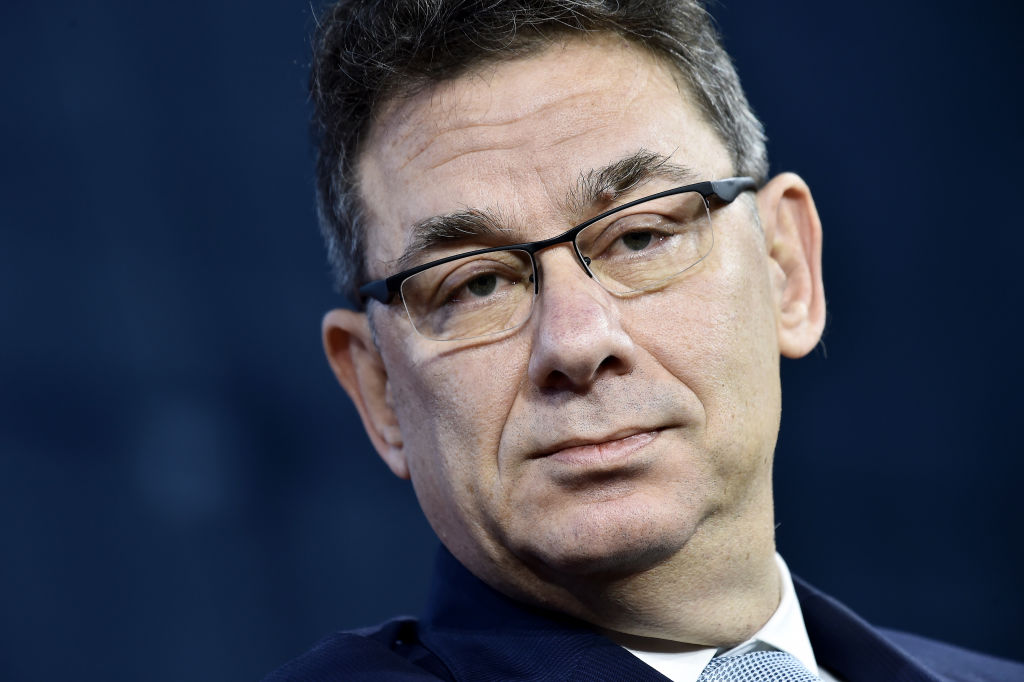
During a panel discussion hosted by CNBC, Albert Bourla said: "Protection goes down by time but still in six months it's still extremely, extremely high."
Bourla added that he thinks people may need to be immunised against coronavirus annually.
New Zealand has secured 10 million doses of Pfizer's Covid vaccine - enough for every New Zealander to be vaccinated twice, the Government has said.
"A likely scenario is that there will be likely a need for a third dose, somewhere between six and 12 months and then from there, there will be an annual re-vaccination, but all of that needs to be confirmed," Bourla told CNBC.
"And again, the variants will play a key role.
"There are vaccines that are like polio that one dose is enough ... and there are vaccines like flu that you need every year," he continued.
"The Covid virus looks more like the influenza virus than the polio virus."
Clinical trials showed that the Pfizer vaccine was more than 90 percent effective at preventing the virus six months after the second dose.
However, more data is needed to determine if protection lasts beyond six months.
"It is extremely important to suppress the pool of people that can be susceptible to the virus," Bourla said during the segment, which was taped on April 1.
Meanwhile, US President Joe Biden's chief science officer for the coronavirus response team said the administration is preparing for the likelihood people will need a third dose of the vaccine within a year of being inoculated.
"I think we should expect that we may have to boost, and probably have to boost again," David Kessler said during testimony before the House Select Subcommittee on the Coronavirus Response.
"We are studying the durability of the antibody response.
"It seems strong but there is some waning of that and no doubt the variants challenge ... they make these vaccines work harder. So I think for planning purposes, planning purposes only, I think we should expect that we may have to boost."
Pfizer and its German partner BioNTech began studying a third dose of their vaccine in late February, the Daily Mail reported.
The booster shot is aimed at protecting against future variants, which may be better at evading antibodies from vaccine than earlier strains of the virus.
About 144 volunteers will be given the third dose, mostly those who participated in the vaccine's early-stage US testing last year.












